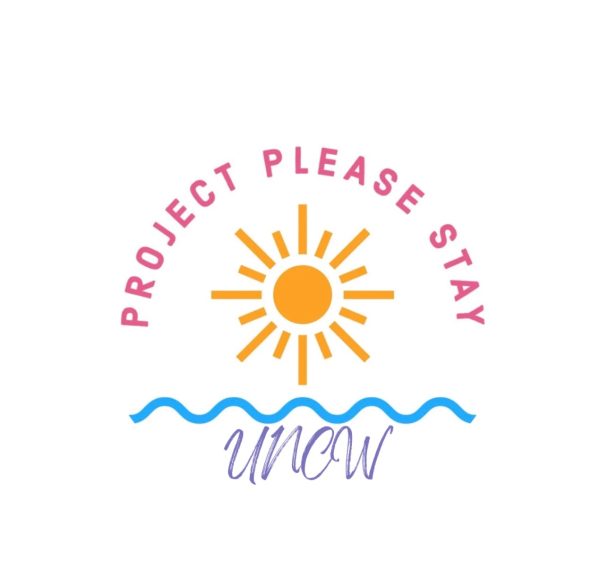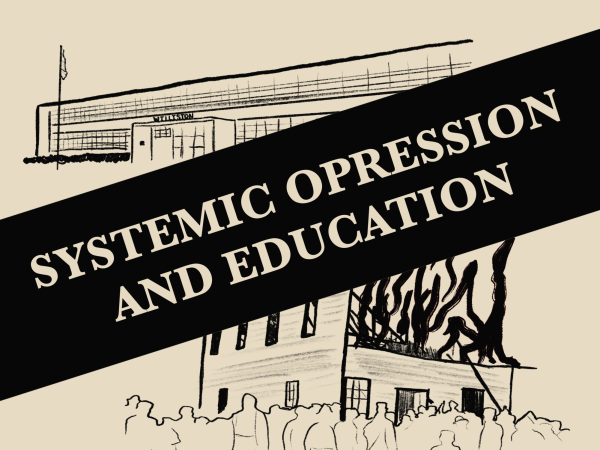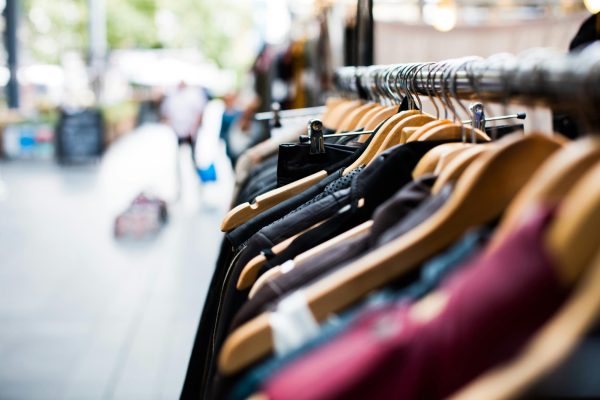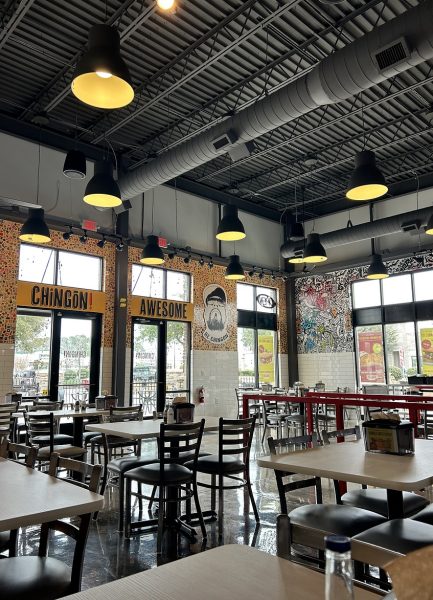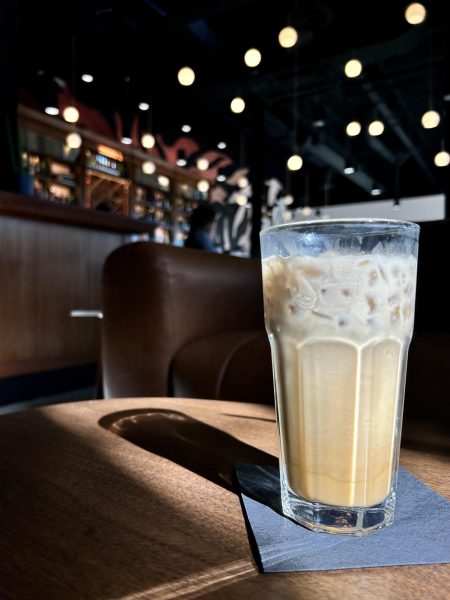Feast DownEast: where local food meets university demand
Today, 12 percent of UNCW’s total food cost is dedicated to buying local, an initiative that in the not so distant past was not heavily pursued on UNCW’s campus, but with new grassroots organization Feast DownEast, UNCW Campus Dining, restaurants, groceries and institutions in 11 local counties are going green and buying local at an increasing rate.
Last Friday, UNCW hosted Feast DownEast’s 2nd Annual Regional Conference. This year’s theme-“Bridging the Gap – Bringing Local Farmers to Market”-speaks directly to the organization’s mission.
In 2006, Leslie Hossfeld of UNCW’s sociology department partnered up with Mac Legerton of Lumberton, North Carolina’s Center for Community Action. Together, the pair applied for grants and began the Southeastern North Carolina Food Systems (SENCFS) Program. SENCFS’s objective was to help alleviate poverty and job loss in southeastern North Carolina by helping local farmers, fishermen and buyers.
Feast DownEast is the offshoot of the SENCFS brainchild. This sub-organization connects local farmers and fishermen with buyers such as chefs, hospitals, schools and groceries in order to bring more revenue to southeastern North Carolina.
The conference at UNCW served another purpose of the SENCFS/Feast DownEast initiative: education.
“We are offering workshops on organic farming, agriculture and crop planning,” said Jane Steigerwald, Feast DownEast director and conference organizer. “We offer three workshop tracks for farmers, a buyer track, and a track for fishermen, which is new this year.”
Feast DownEast could not be more pleased with their sophomore conference. The 250 conference workshop spots were filled well before the conference.
“Buying local is a growing trend,” said Steigerwald, “We have seen consumers responding positively so there has been an increase in local buying (initiatives).”
“Feast DownEast is pushing for institutional buyers-prisons, hospitals, schools,” said Joy Davis, UNCW marketing and communications.
Institutional buyers are ideal because they can provide reliable income for local farmers and fishermen over a long period of time.
UNCW is one institution where local buying has become paramount.
UNCW’s local buying push started about three years ago according to Matt Rogers of UNCW Campus Dining. Rogers and UNCW began working with Goodness Grows in North Carolina, and then began a partnership with SENCFS in 2010.
“At the time, they were a small organization,” said Rogers.
Shortly after the partnership began, Campus Dining introduced the Chef’s Table at Wagoner dining hall. The table features a local farmer or vendor every Thursday. The chef uses ingredients from the local source to demonstrate to students the possibilities local food can provide.
“The Chef’s Table was an experiment. We wanted to educate students on local foods,” said Rogers.
The table also served as a gauge to see how popular buying locally would be with students.
Since the integration of the Chef’s Table, other local initiatives have been brought to campus, proving that buying locally has been extremely well received by students and faculty alike.
“Students can buy local produce at POD through our local buying club,” said Rogers.
“Greenspot (in Hawk’s Nest) is where our local buying has really expanded,” said Rogers. “It is kind of a permanent chef’s table.”
Greenspot uses all local ingredients, showcasing local fish, pulled pork sliders, and produce medleys throughout the week.
“Right now, just over 12 percent of our food budget goes to buying local,” said Rogers. “That is about 380 thousand dollars in local food annually.”
Rogers makes a point to mention that this amount is not causing higher dining costs for students.
“We always keep the cost neutral,” said Rogers.
In the future, UNCW is hoping to take local food sourcing to the next level. Rogers said local foods will be displayed more prominently in the newly renovated Wagoner dining hall next semester. He also hopes to see more vegan and vegetarian options.
“We want to educate (students when they’re) young to be good stewards of the local environment,” said Rogers.
“Buying local takes ingenuity, creativity and planning,” said Steigerwald.
But when it comes down to it, at UNCW, supporting local farmers and fishermen is as easy as swiping your OneCard at Wag.
If you are interested in helping out with the Feast DownEast initiative, visit www.feastdowneast.org or email [email protected]. The organization is interested in helping students and volunteers get involved in local farming, and with internship opportunities where available.







